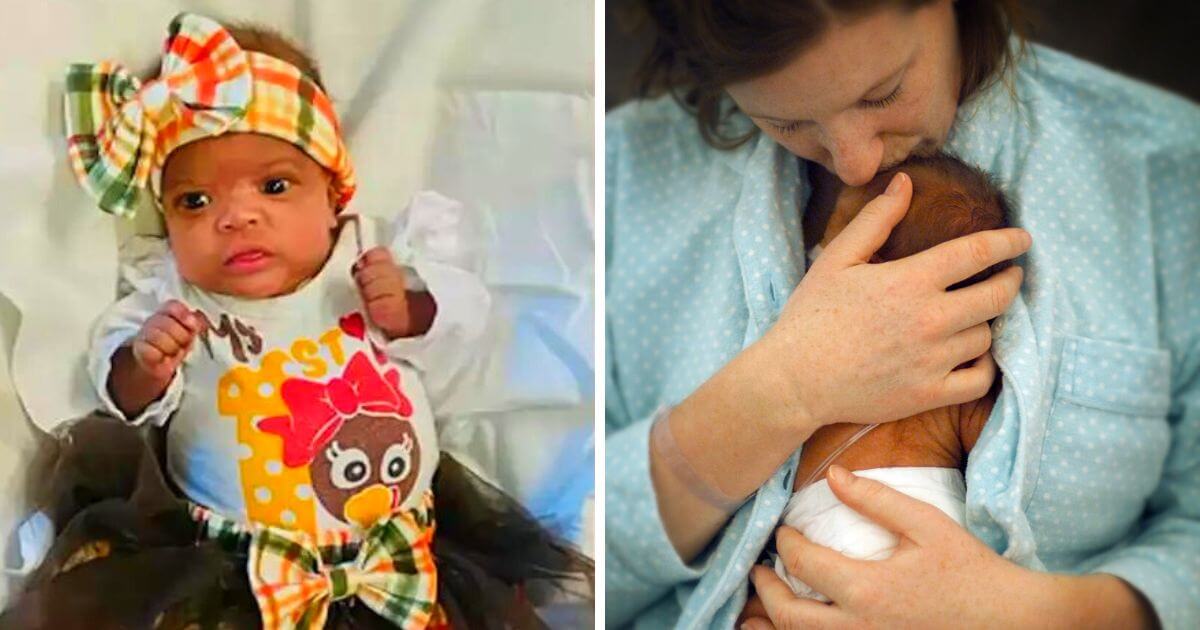A baby born at 23 weeks becomes the second youngest surviving premature baby in a New Jersey hospital’s history and will be home in time for Christmas.
Baby Zavannah Rodriguez was born in July this year, a week before the abortion limit in England and Wales. Weighing only 1lb 2oz, she has become the second youngest surviving premature baby in AtlantiCare’s history.
Being born at only 23 weeks, she needed round-the-clock care. Her mother, Jenny, said “She was smaller than a ruler. Eleven inches. Really, you could hold her with one hand”.
“It was scary”, she added. “It was worrying. But also having hope”.
Zavannah has been given the middle name Hope.
“She’s definitely a miracle baby”, Jenny said. “I’m very grateful”.
AtlantiCare’s Neonatal Intensive Care Unit (NICU) in Galloway Township, New Jersey, USA cared for baby Zavannah for nearly four months.
Neonatologist, Dr Ben Asiegbu told NBC10 “It is rare though we are actually getting better across the country and taking care of babies as young as this. Most times they end up with lots of complications. But look at [Zavannah] today. She looks absolutely fine”.
Zavannah now weighs more than 6lbs. Her mother said that she “fought” to be here.
Jenny Rodriguez is no stranger to the NICU since her second child was also born prematurely at only 27 weeks.
Now, though, Zavannah is strong enough to leave the hospital and will be able to meet her two brothers for the first time and spend her first Christmas at home.
Almost four out of five babies born prematurely between 22 and 28 weeks gestation survive to discharge from the hospital according to recent research.
A study, ‘Mortality, In-Hospital Morbidity, Care Practices, and 2-Year Outcomes for Extremely Preterm Infants in the US, 2013-2018’, by Dr Edward F Bell of the University of Iowa, found that from 2013 to 2018, with infants born between 22 and 28 weeks gestation, “survival to discharge occurred in 78.3% and was significantly improved compared with a historical rate of 76.0% among infants born in 2008-2012”.
The study, which took place between 2013 and 2018, assessed 10,877 infants born between 22 and 28 weeks gestation in 19 academic medical centres across the US.
This means that almost four out of five extremely prematurely born babies survived and were able to be assessed at 22-26 months corrected age (22-26 months from their due date) for a number of health and functional outcomes.
Right To Life UK spokesperson Catherine Robinson said “The outcomes for extremely premature babies are improving all the time and it is wonderful to hear that baby Zavannah will be able to spend Christmas with her family”.












